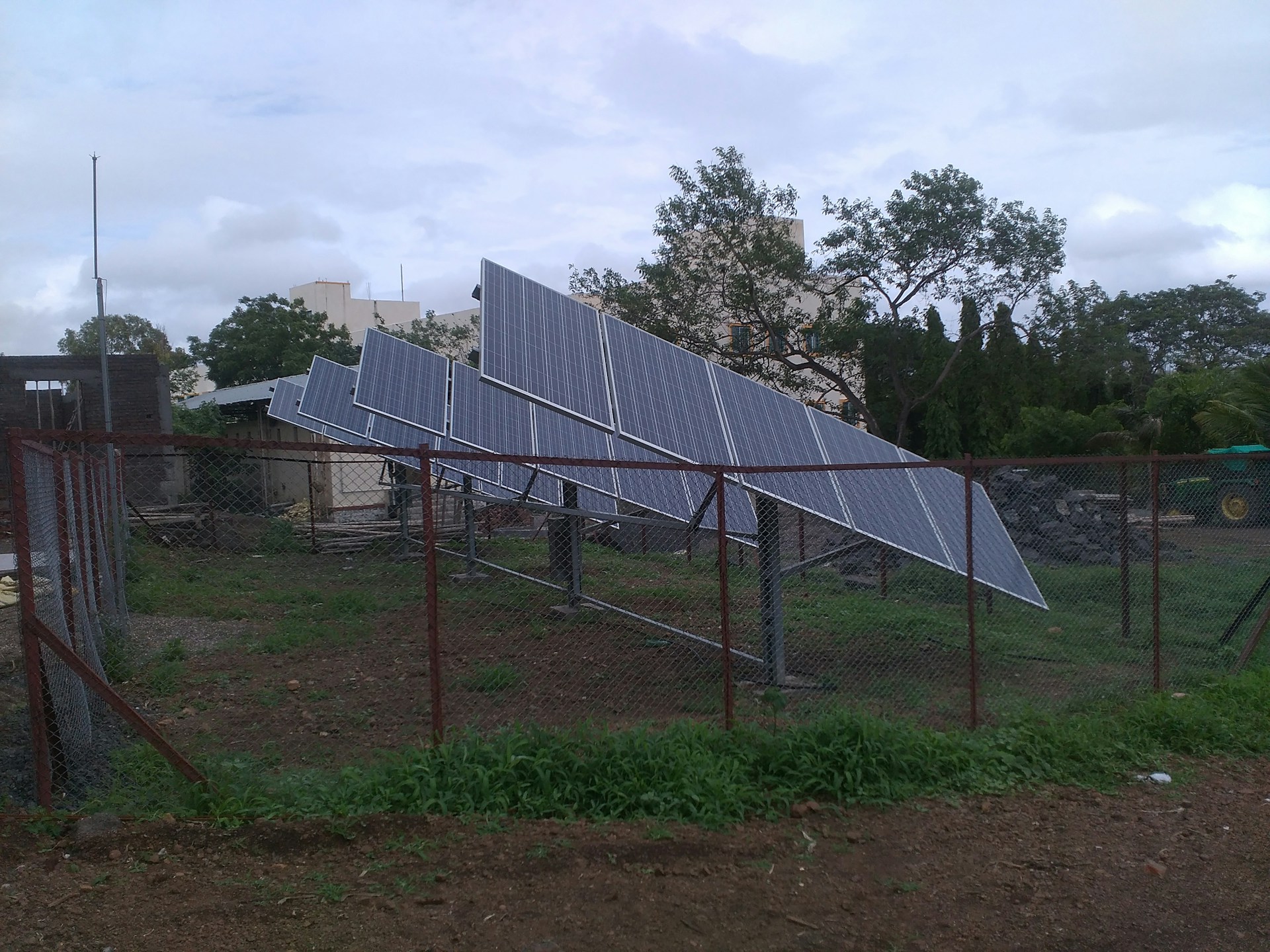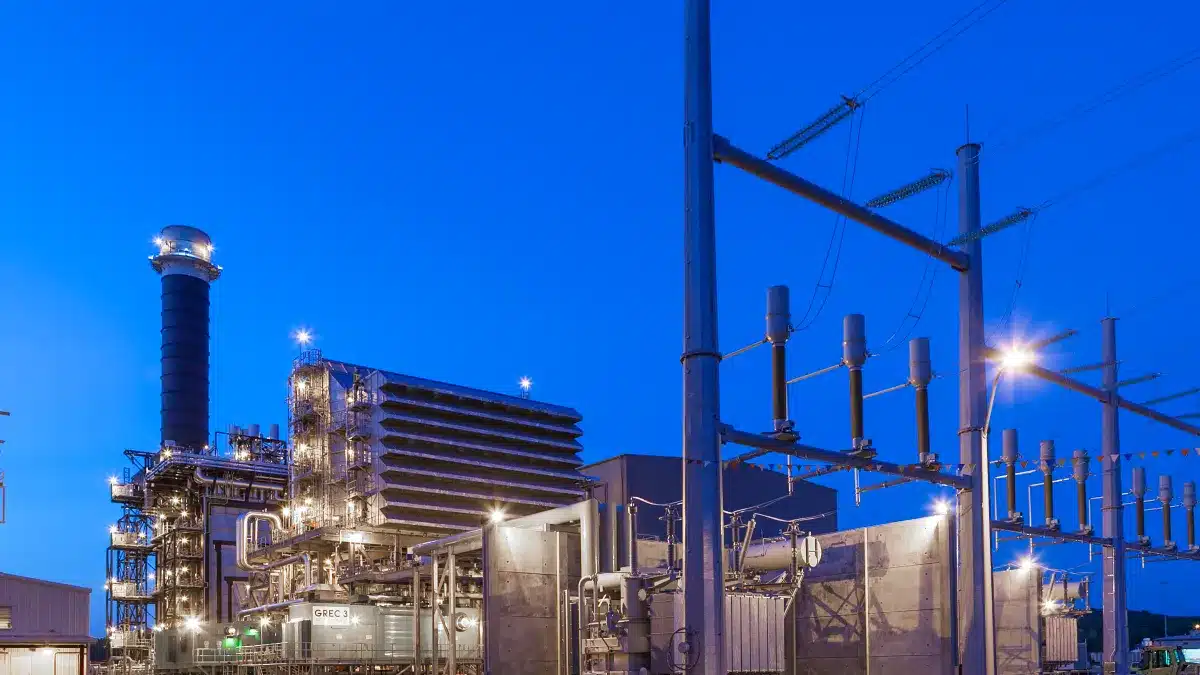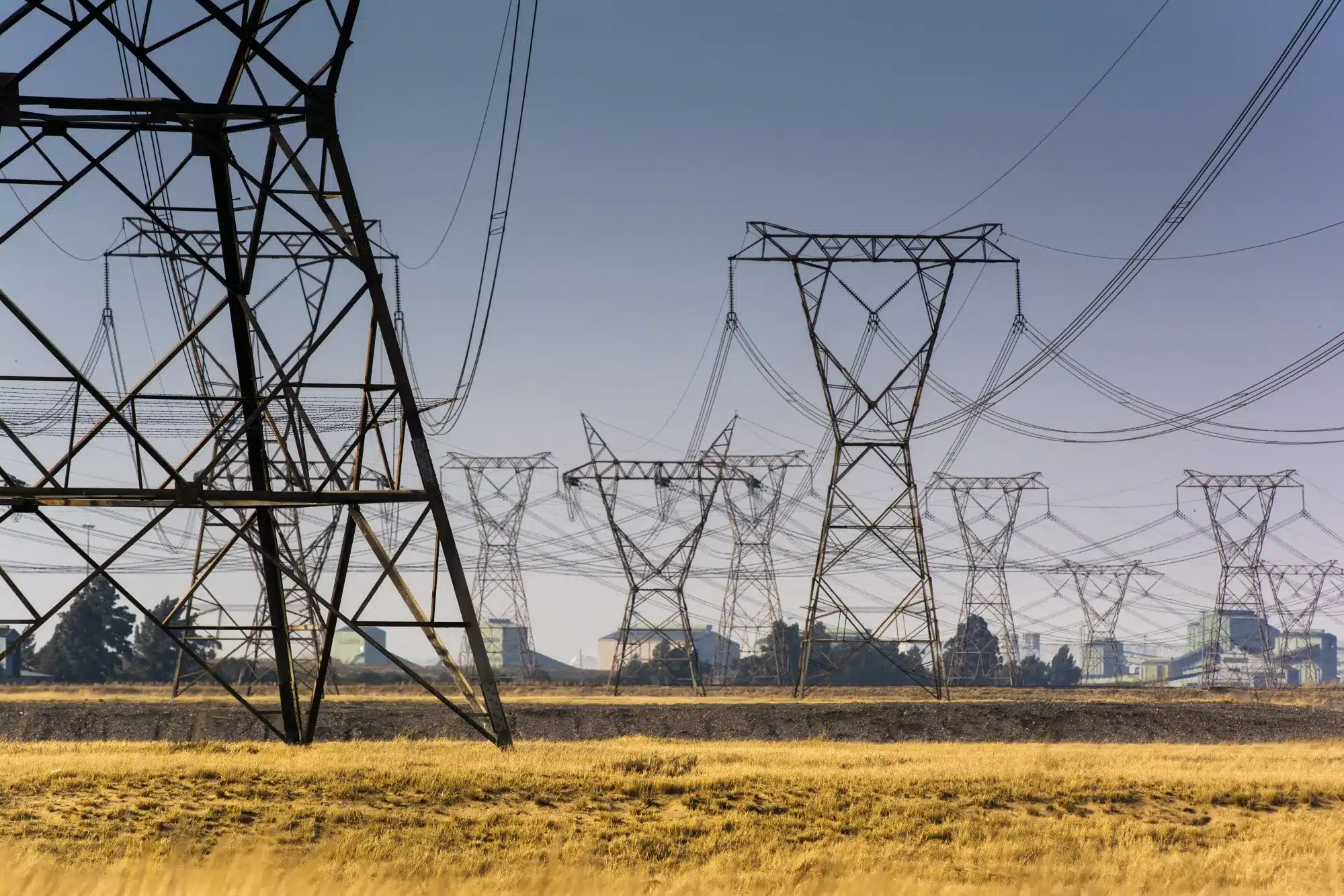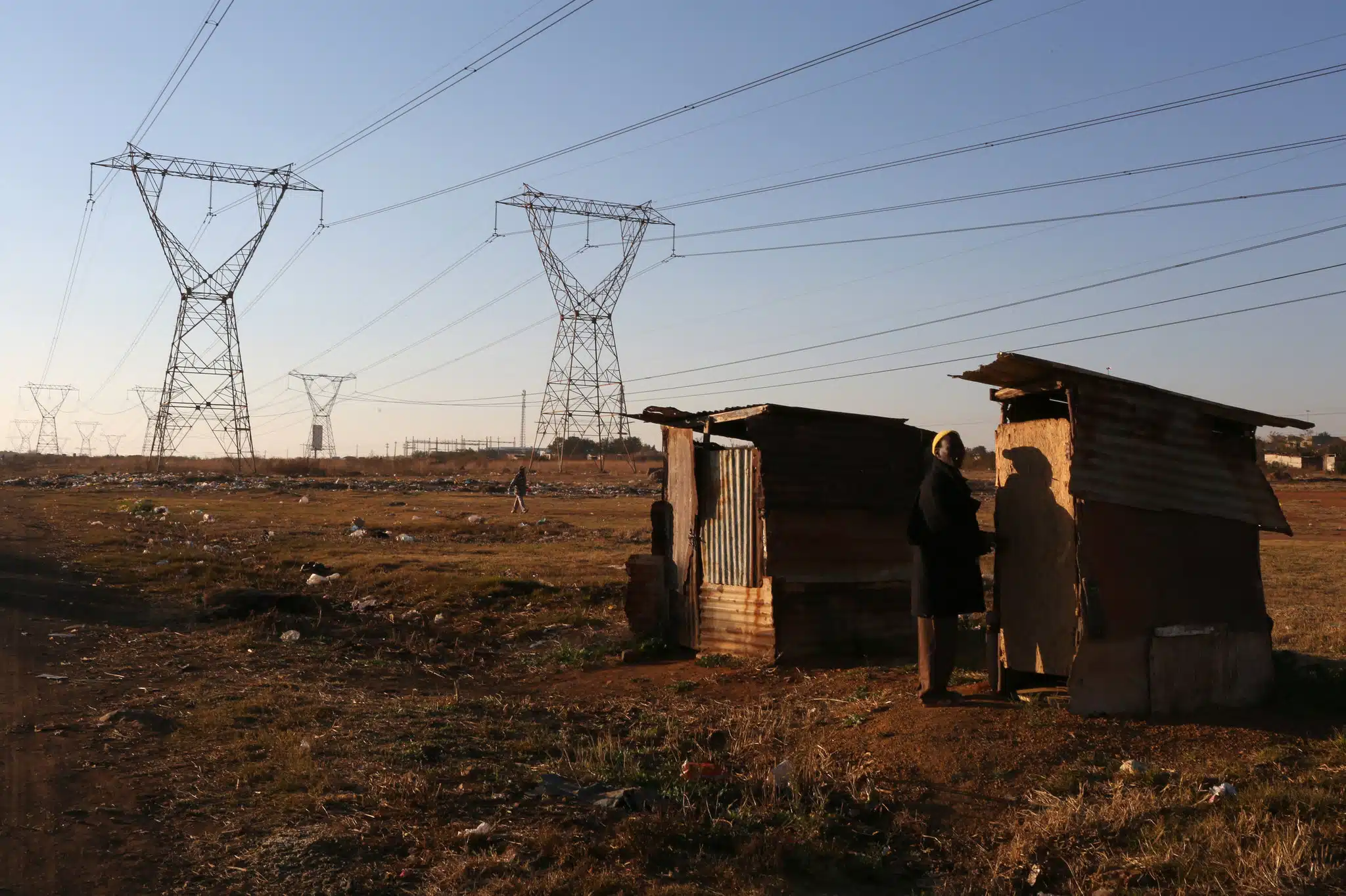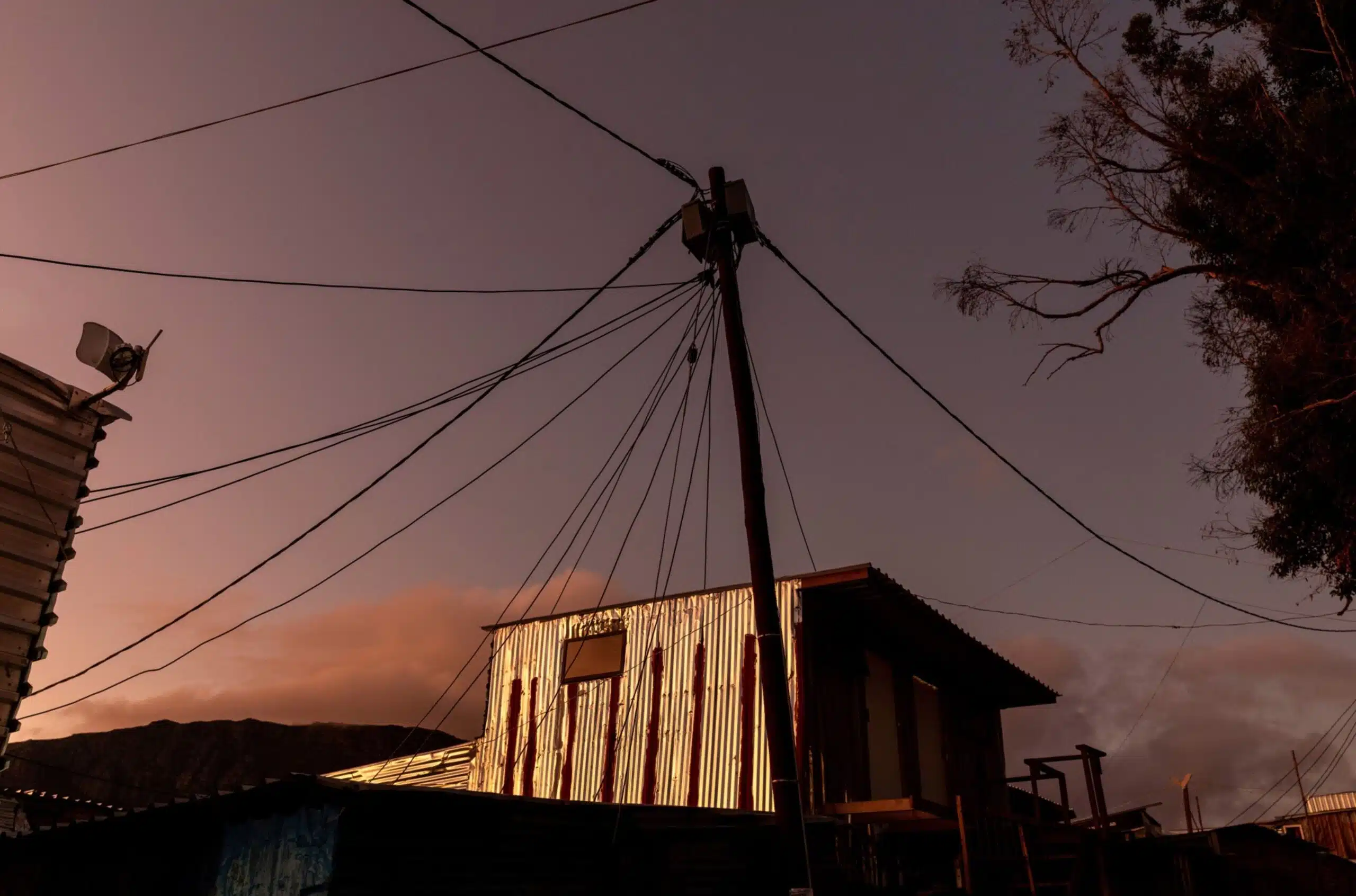In neighbourhoods across Nigeria, a silent shift is underway. As national electricity continues to falter, with grid collapses becoming a near-monthly norm, millions of Nigerians are turning away from waiting for state-backed promises.
Instead, they are quietly building their electricity networks: solar panels on rooftops, lithium-ion battery banks humming in homes, and neighbourhood estates pooling resources to power clusters of houses.
In this new age of energy survival, the national grid has become a backup, not the mainstay.
Nigeria’s centralised electricity system has long been broken.
With an installed capacity of over 13,000 MW but an average daily output of less than 5,000 MW, the gap between supply and demand has widened into a chasm. For most Nigerians, blackouts are not an event but a feature of life.
According to data from the Nigerian Electricity Regulatory Commission (NERC), the national grid collapsed over 40 times between 2017 and 2023.
This chronic failure has birthed an era of do-it-yourself electricity.
What began with diesel and petrol generators has now evolved into cleaner, quieter, and increasingly more efficient solutions.
Households now invest in solar systems with battery storage, hybrid inverter setups, and mini-grid solutions developed by energy-as-a-service firms.
These setups are no longer the preserve of the elite.
With pay-as-you-go financing, rent-to-own models, and micro-credit options, energy startups are breaking the affordability barrier.
For Emmanuel Ojo, a 300-level engineering student at the University of Benin, reliable electricity is about comfort and survival in a competitive academic environment.
“I can’t count how many times I’ve lost my project work due to sudden blackouts. We used to rely on generators, but even buying fuel has become a burden,” he said.
“Last year, my father invested in a small solar setup with batteries. It changed everything. Now, I can read at night, charge my phone, and submit assignments without anxiety.”
He explains that the system, installed by a local startup through a three-month payment plan, was designed specifically for students: just enough capacity to power lights, a laptop, and a fan.
“It may seem small,” he says, “but for us, it’s the difference between struggling and succeeding.”
The middle class
For middle-class Nigerians who work in hybrid setups, energy reliability has become central to productivity.
This is especially true for John Nwankwo, a father of two and business analyst in Abuja who splits his workdays between the office and his home.
“I used to spend more time worrying about PHCN than about my work itself. After the subsidy removal, fueling our generator became unbearable,” he said.
John and his wife decided to install a 2.5kva solar hybrid system, which they financed through a startup offering 12-month instalment plans.
“It cost us a lot upfront, but we saw it as an investment in our peace of mind. It has brought sanity back into our home and stability into my work routines.”
No group exemplifies the need for consistent power more than remote workers serving global clients.
Amarachi Eze, a 29-year-old UI/UX designer from Enugu who works for a German tech firm, reflects on her transition.
“Before I got my solar system, I had to lodge at hotels just to meet deadlines. Sometimes I’d sleep in co-working spaces. It was draining,” she said.
After receiving a grant through a tech fellowship and support from a solar startup, Amarachi installed a modular solar system that supports her WiFi, laptop, lighting, and two fans.
“This setup gave me back control,” she added.
The finance edge
Beyond innovation in solar technology, financing is one of Nigeria’s biggest enablers of the homegrown energy revolution. Startups are not just selling solar systems — they are flexible in sales.
Companies like Arnergy, Daystar Power, Beebeejump, and Havenhill now offer energy-as-a-service plans that allow users to spread payments over six to 24 months.
These models reduce entry barriers for working-class families, students, and small businesses who cannot afford the high upfront costs typically associated with reliable energy solutions.
“Once people saw they didn’t have to drop half a million naira in one go, the market started shifting,” says Ayotunde Adebayo, a Lagos-based installer who works with multiple fintech-linked solar firms.
“From civil servants to tailors and traders, everyone wants solar now — and most of them are using payment plans.”
These instalment-based models also bundle in technical support, customer service, and, in some cases, system upgrades.
By removing the burden of technical management and significant capital outlay, startups are making it easier for everyday Nigerians to transition away from the unreliable grid and expensive generators.
This rise in decentralised financing gives power back to the consumer, not just electrically, but economically.
The energy market without government
Private investors are increasingly filling the gap left by government inertia.
Startups such as Rensource, Arnergy, and Lumos have attracted millions in funding to expand off-grid solutions across Nigeria. Their models are designed to scale in cities, peri-urban areas, and rural areas where grid access remains a mirage.
These companies are pioneering energy-as-a-service models: customers pay monthly fees or instalments while receiving maintenance and technical support.
According to the Rural Electrification Agency (REA), over 1.2 million Nigerians have accessed power through off-grid solar solutions in the past four years, a number that continues to grow.
Venture capital is also flowing.
In 2023 alone, African energy startups raised over $400 million, with Nigeria accounting for the lion’s share.
Analysts see this as a sign that decentralised power is not just a temporary fix but the future of electrification in Nigeria.
However, access to homegrown power solutions is far from equitable. While the middle class can finance solar and inverter setups, low-income Nigerians are often stuck with candles, kerosene lamps, and shared generator burdens.
A 2022 World Bank report noted that energy poverty remains highest in northern Nigeria and rural communities.
“We risk building an energy future that is just as unequal as the past,” says Dr. Tunde Oladipo, an energy economist at the University of Ibadan.
“Without targeted subsidies or rural financing schemes, off-grid power will be a privilege, not a right.”
While the Electricity Act 2023 decentralised regulation and opened the door for state-level reform, policy implementation remains slow. There is little clarity on supporting private investment through tax breaks, import waivers, or micro-grid licensing.
Moreover, the absence of a national storage strategy and low local manufacturing capacity means Nigeria remains dependent on imported batteries and solar panels. This exposes the country to forex volatility, undercutting the affordability of self-generation.
Yet experts argue that the government still has a crucial role to play.
“Policy doesn’t have to mean control,” says Ifeoma Nwachukwu, a renewable energy consultant.
The future is fragmented — and that is not a bad thing
Nigeria’s power future may not lie in one national grid but in thousands of household systems, community mini-grids, and private networks that form a mosaic of resilience.
These decentralised systems offer more than just electricity; they provide autonomy, consistency, and dignity in a country where power has long been a privilege.
The state watches from the sidelines as Nigerians build the energy future they were promised.
The grid may yet recover, but for many, the future has already arrived — installed panel by panel, battery by battery, in homes that refuse to wait in darkness.

